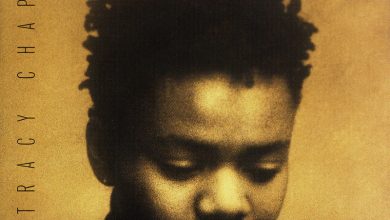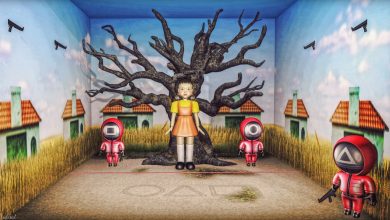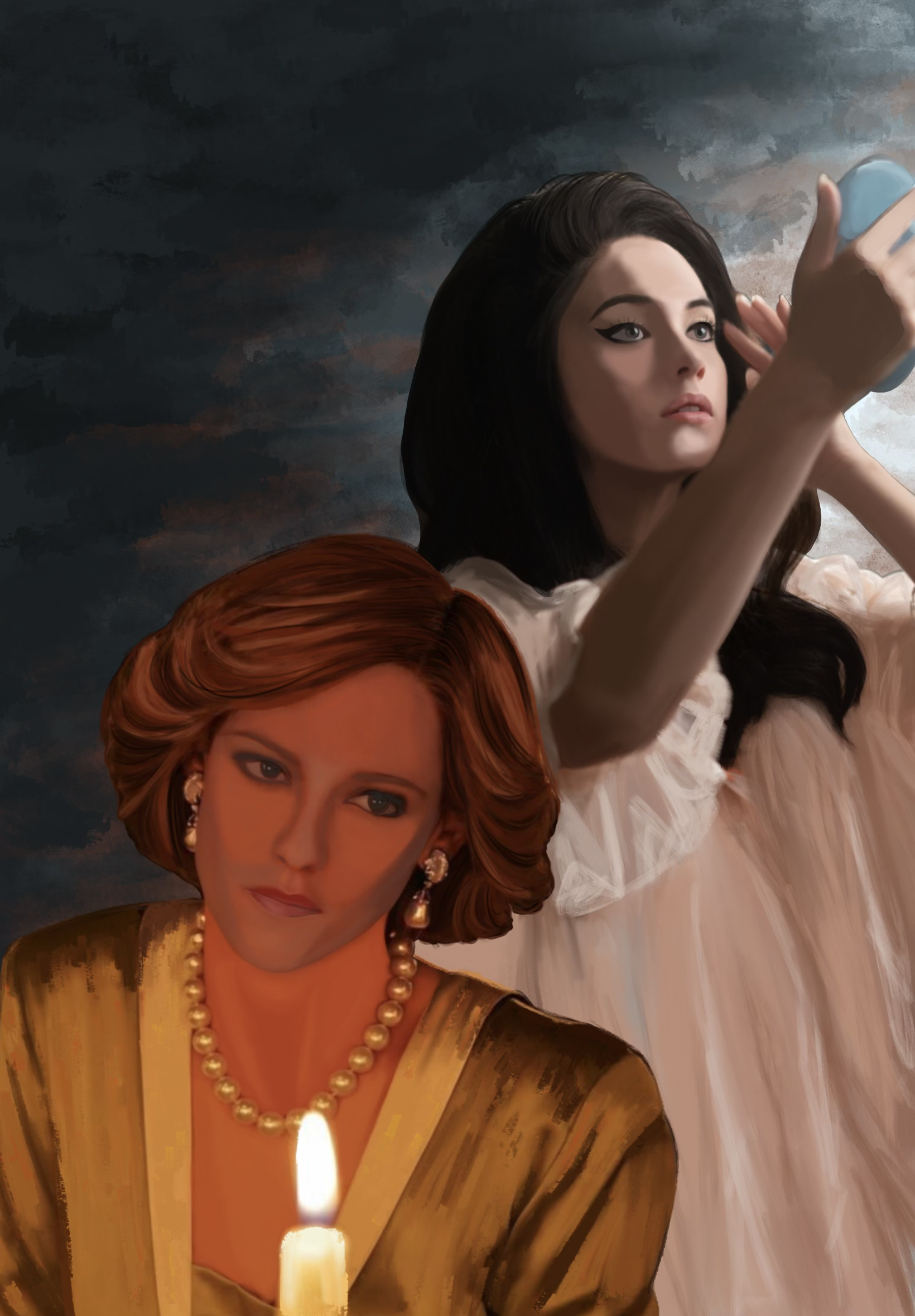Men We Reaped – FEMoir Series

Image Description: Close up image of a book cover which reads “Men We Reaped” in orange letters
Image Credits: Google Images
Jesymn Ward’s memoir “Men We Reaped,” published in 2013, documents the harrowing journeys of Black families that have lived in Delisle, Mississippi for generations. Ward grew up in DeLisle, a Southern small town bordering the Gulf coast, where she still resides despite a deep-rooted racism that remains. Ward’s memoir follows childhood in DeLisle from 2000 to 2004, devoting most of her story to the five Black men that died brutal deaths during this time – including her younger brother Joshua who was killed by a drunk driver when he was only 19 years old.
Ward’s writing drips with pain and vulnerability. She tells a story that she not only wanted to write, but had to write, ensuring that these deaths do not succumb to the apathetic wave of oblivion. Of the five young men that died — Roger Eric Daniels III, Demond Cook, Charles Joseph Martin, Ronald Wayne Lizana, Joshua Adam Dedeaux — she laments, “[it’s] a brutal list, in its immediacy and its relentlessness, and it’s a list that silences people. It silenced me for a long time.” But, she contends, entangled in their seemingly unrelated deaths is a long history of racism, economic inequality, and personal and public indifference that once uncovered would help explain why such a dark, violent haunting has fallen upon her community.
The shadow of an oppressive fate awaiting them made being Black and poor in the South feel much like a death sentence. Ward bemoans, “all the tragedy that had haunted my family’s life took shape in that great wolf of DeLisle, a wolf of darkness and grief. . . bent on beating us.” She felt that she and her brother were failing to prosper against societal forces, born into a world that was unforgiving and relentless. “Death spreads, eating away at the root of our community like a fungus.” Within this great darkness laid a loss of meaning and hope. Shortly before his death, Ward recounts a time when Charles, who went by C.J., said “I got a feeling I ain’t going to be here long.” His words depict the grief that often comes from understanding Blackness in an anti-Black world, an instinctual despair coming from generations of racism and institutionalized hate. She writes, “We inherit these things that breed despair and self-hatred, and tragedy multiplies.” With meager support and resources, Ward watched as her community buckled under the weight of each tragedy.
Ward describes grief as “scabs” and “scars” that “pull into new, painful configurations as it knits.” She writes, “we are never free from grief.” It’s inescapable like afflictions to the mind and body that do not heal but coagulate into a complex roadmap of the experiences we’ve suffered. It’s a kind of pain that has accumulated with time: generational trauma — a pain so big, dark, and heavy that there’s almost no way to articulate it. Nevertheless, Ward paints this feeling in a million beautiful ways. She illustrates the various channels we turn to with our grief: drugs, alcohol, violence, our family, and our community. There are countless ways people try to hide from or forget their trauma, and all of them have been weaponized against marginalized communities for years. “Men We Reaped” shows what happens when the burden has become too heavy and when there are not enough hands to carry it — we surrender to what the world wishes to make of us. With each death of these young men — tragic accidents, suicides, and homicides — Ward discovers another side to grief.
Her words are a finite list to an endless experience. The pain which Ward chronicles – racism, violence, poverty, death – is an immeasurable experience considering the long history of oppression which precedes it. Anyone can read about these experiences from powerful writers like Ward (or Maya Angelou, Audre Lorde, and Angela Davis) but unless you’ve lived it there’s no way to truly understand it. It’s important as readers to recognize the vast nature of racialized violence, and avoid the illusion you can understand it just by reading someone’s memoir.
Ward ends her memoir reflecting upon the strengths of those in her community that have persevered in a ravenous world. She sees her mother, a hardworking, southern Black woman, awash their legacy anew with stubborn courage and resiliency. Amidst the loss and pain, Ward finds her inheritance: the gift of survival. On the other side of long and weary travels, Ward imagines Joseph awaits her with an arm extended and soft eyes, whispering “Come take a ride with me.”
With blurry eyes and a runny nose, I was not met with the usual resolution you might find at a story’s conclusion. I was inspired by Ward’s standoff with death, and her ability to write a story wrought by grief with poignancy and wisdom well beyond her years. But I knew while she chose to end the story there, violence and racism continues to haunt Black communities all across America. Dark shadows of harm and oppression stalk the periphery of contemporary society, waiting for the opportunity to strike. Ward published “Men We Reaped” over ten years ago, and has since lived through the violent deaths of many Black women and men at the hands of policemen, and law and order fanatics. When will death be enough to inspire change?
America suffers from a lack of empathy towards people it has violently oppressed for centuries. Unfortunately, to inspire change and reverence in non-Black folks requires exposing scars and wounds that might never heal. The sacrifice Ward and her friends and family took to dig up the past to immortalize the story of their sons, brothers, and friends should not be taken lightly. “Men We Reaped” is a must-read.




